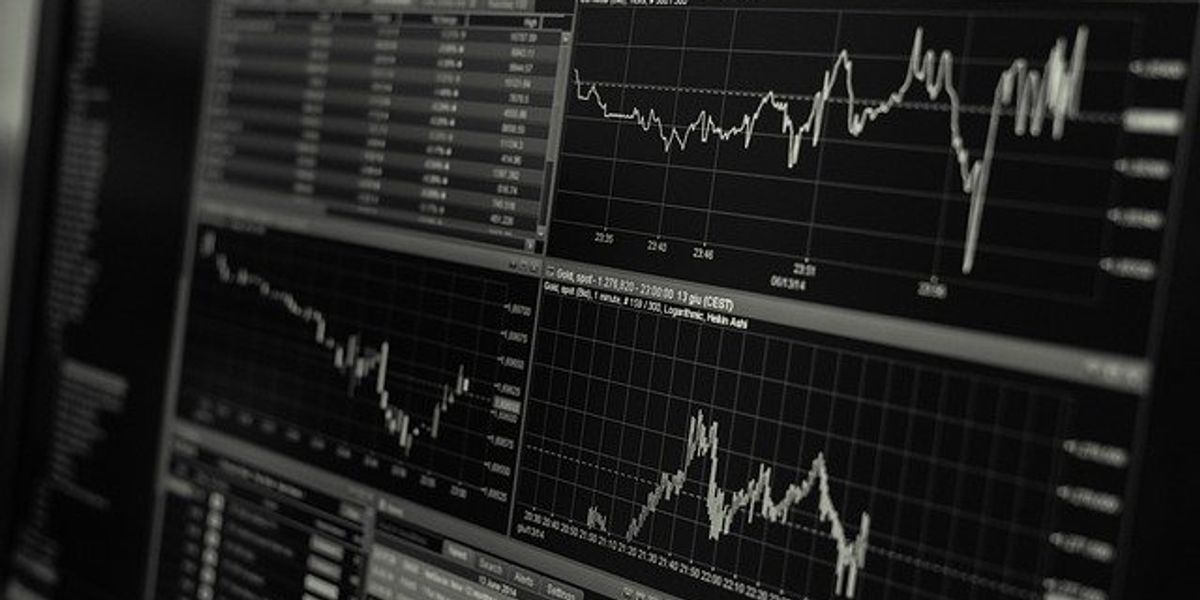humans
Assessing the human risk of 'zombie deer disease'
Scientists delve into the complexities of chronic wasting disease and its transmission among wildlife, raising concerns about future health implications.
In short:
- Chronic wasting disease (CWD), also known as 'zombie deer disease', is spreading among wildlife, raising concerns about potential human transmission.
- CWD is a prion disease affecting deer, elk, and moose, with symptoms like weight loss and poor coordination.
- While no human cases have been reported, the possibility of transmission is being closely monitored, drawing parallels to mad cow disease.
Key quote:
"As of yet, there has been no transmission from deer or elk to humans. However, given the nature of prions, CDC and other agencies have supported all efforts to keep any prion disease out of the food chain."
— Jennifer Mullinax, associate professor of wildlife ecology and management at the University of Maryland
Why this matters:
The potential for CWD to affect humans is a significant concern, especially given the precedent set by other animal-to-human prion diseases. Understanding and monitoring this disease is important for public health and wildlife management.
Related: How migratory birds are moving Lyme disease to new places and peoples.
We're all gonna die! How the idea of human extinction has reshaped our world
For most of human history, we didn't think the end could possibly happen. These days, we can hardly count the ways.
Risk of conflict between humans and polar bears rises as Arctic melts
As Arctic sea ice shrinks as a result of climate change, a surge in the number of ravenous bears could lead to an increase in bears accessing garbage and human food, damaging property, or incidents in which humans or bears are injured or killed.
Are we in the Anthropocene? Why Canada's Crawford Lake may hold answers
Do humans cause climate change? Even now, only half of Americans say yes
Even now, only half of Americans believe humans cause climate change. That finding, from a new Ipsos poll, illuminates a yawning gap between public opinion and science on perhaps the most important scientific question of our time.
Team unlocks a new protein source from floral farming waste
Farmers who grow rapeseed for vegetable oil and biodiesel generate mountains of protein-rich meal byproduct that could significantly enrich the diets of livestock and even humans . . . if only it didn’t taste so terrible.
Shreya Adhikari and Smarinita Shetty: Human-wildlife conflict in the time of climate change
Climate change is a major threat to animals and their habitats, thereby increasing chances of human-wildlife conflict. Here’s how we must rethink conservation efforts in light of the climate emergency.



















